Rate of Evolution, Rate of Mutation
I just realized a flaw in my understanding of evolution. I always thought the rate of evolution was equal to the rate of mutation, but that’s not right.
Mutations occur at a slow, steady pace. The species is in relative harmony with its environment; therefore, most of the mutations remain at a low frequency in the gene pool—most members of the species do not have the alteration.
Niche Opportunity
Until something happens to the species’ niche. Then there will be new winners and losers in the race to procreate and carry forward low frequency genes which are better fitted to the environment. Some mutations which had languished in back corners of the gene pool suddenly became favored, rapidly increasing through the species.
What could cause such a change? Continental drift removing predators. A meteor strike, like 65 million years ago, wiping out the dinosaurs, ceding little mammals a less threatening daily existence and a greater latitude for satisfying their needs which favored those mammals with larger cortexes.
The mammals existed before the meteor strike. They had eons of mutations which existed in low levels (non-determinative for reproductive advantage). When their environmental niche changed, some of the already existing mutations became strongly favored. Their frequency in the gene pool rose up to 100%.
On a less cataclysmic scale and more recently was the sooty change of industrial pollution which favored dark moths over light moths. From Wikipedia’s Peppered moth Evolution, in 1848 the frequency of dark-coloured moths was 2%, and by 1895 it was 95%.
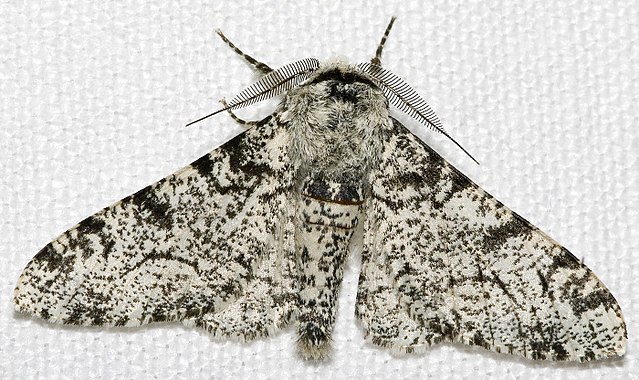
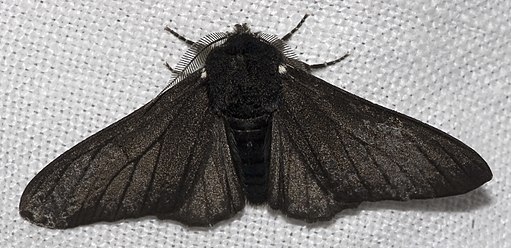
The rate of evolution can be fast when the environment changed, despite the rate of mutation remaining low. I had heard the term “punctuated equilibrium” in evolutionary discussion. My argument must be part of the background logic that supports that concept.
Image of white-bodied peppered moth by Chiswick Chap – Self-published work by Chiswick Chap, CC BY-SA 3.0, https://commons.wikimedia.org/w/index.php?curid=868091
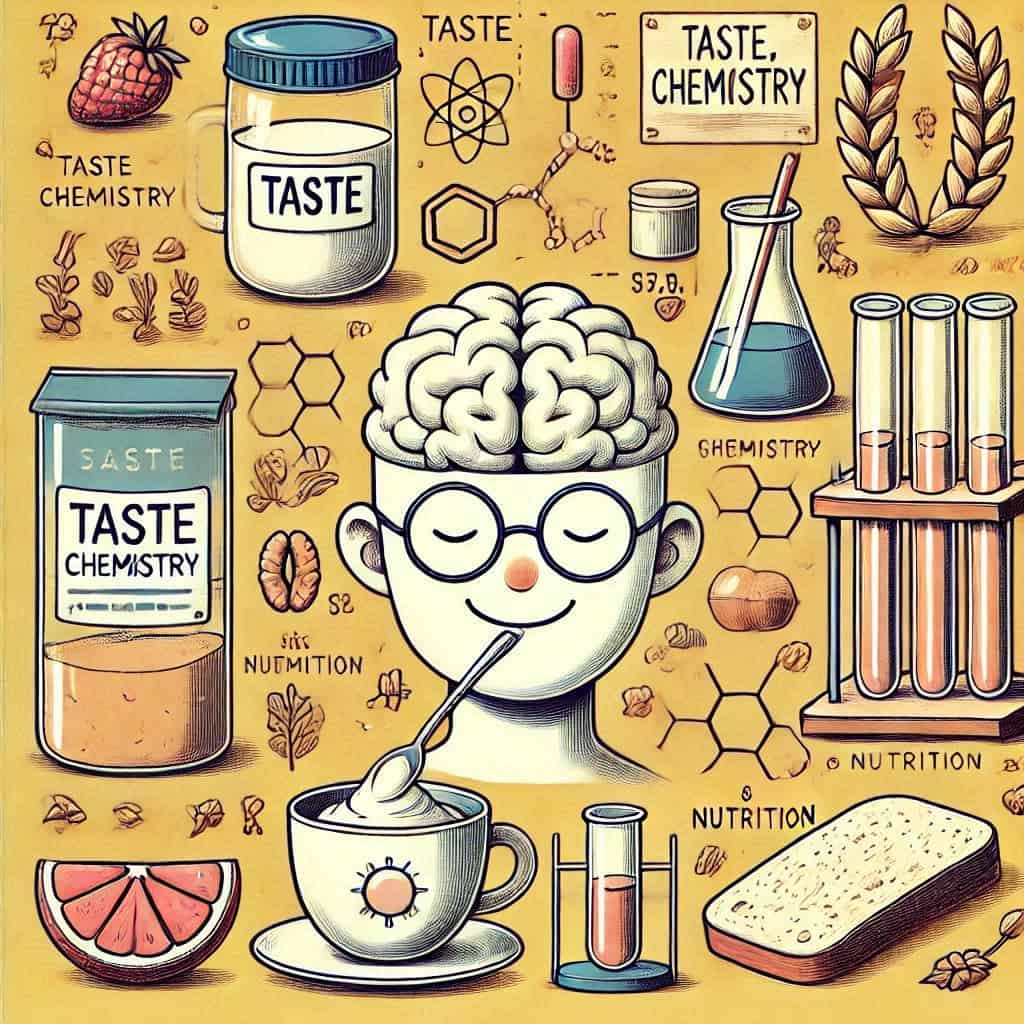
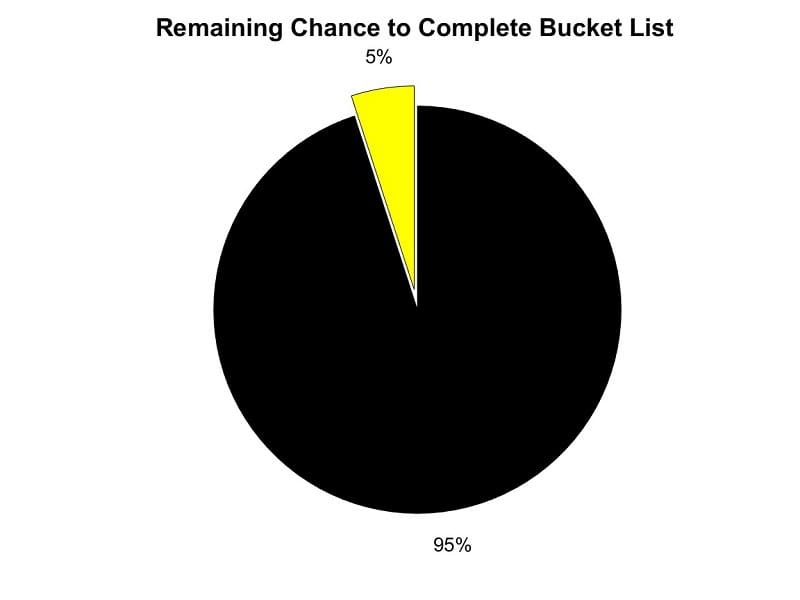



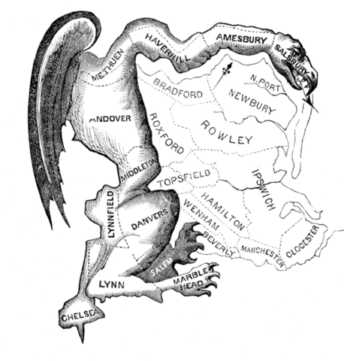


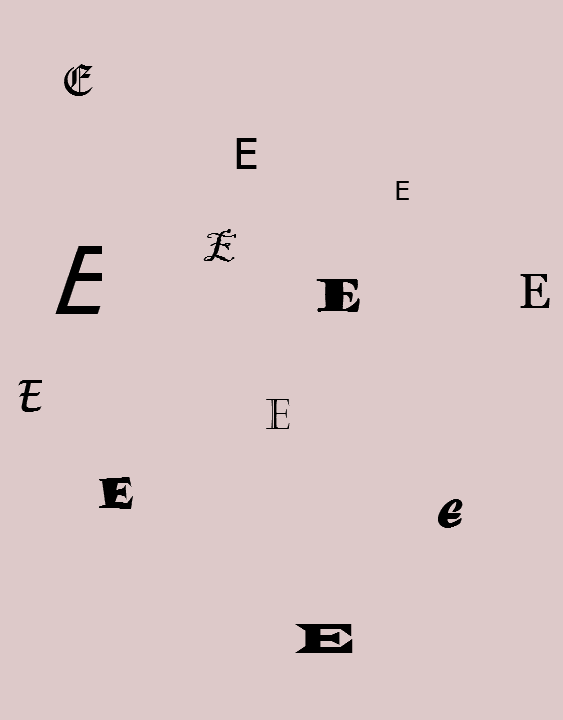
1 thought on “Rate of Evolution, Rate of Mutation”